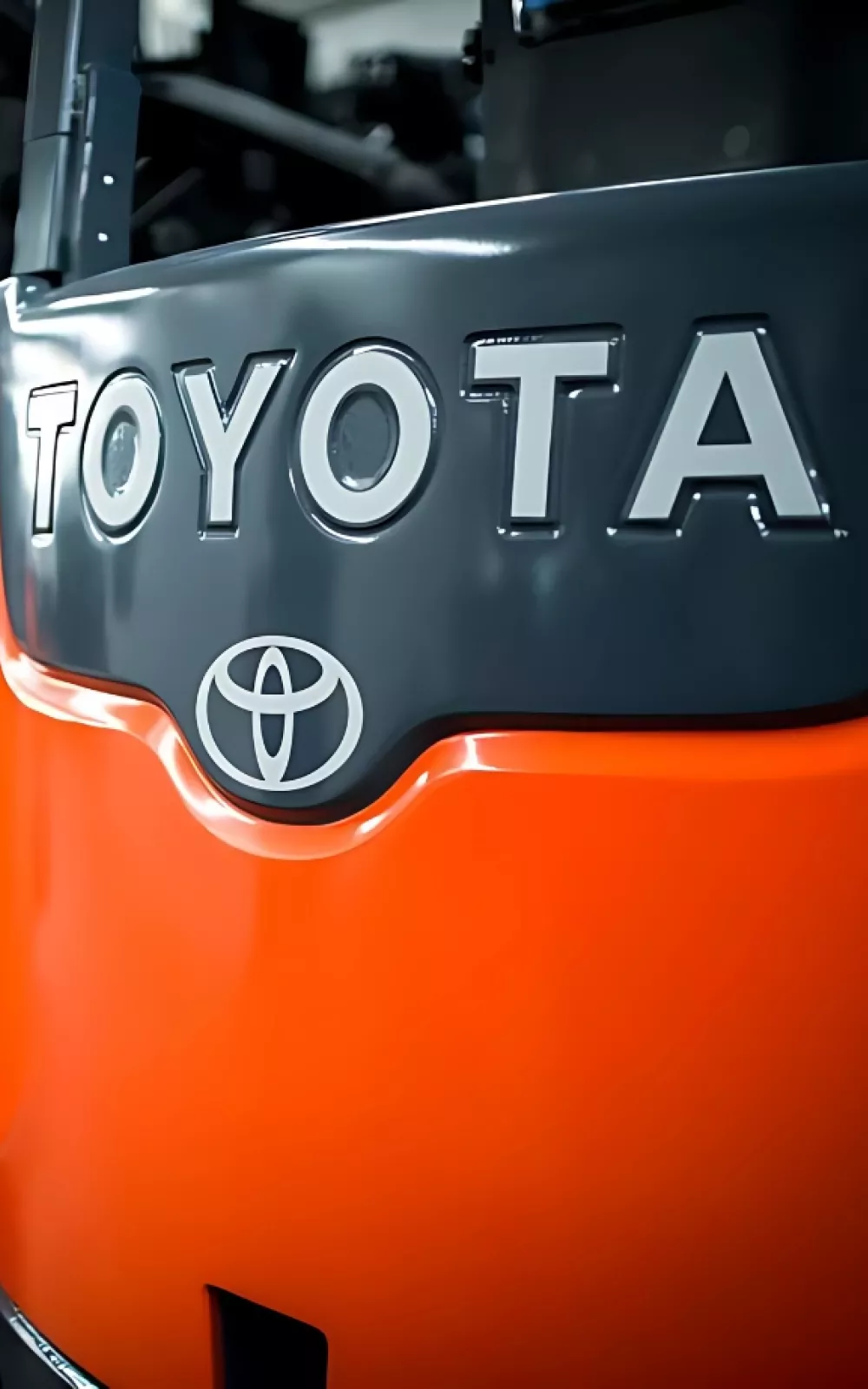Rent
ProLift offers daily, weekly, and monthly rentals. Find the right equipment for maximum productivity and safety.
Let us know how we can assist you! A ProLift specialist will connect with you to help with your material handling needs.
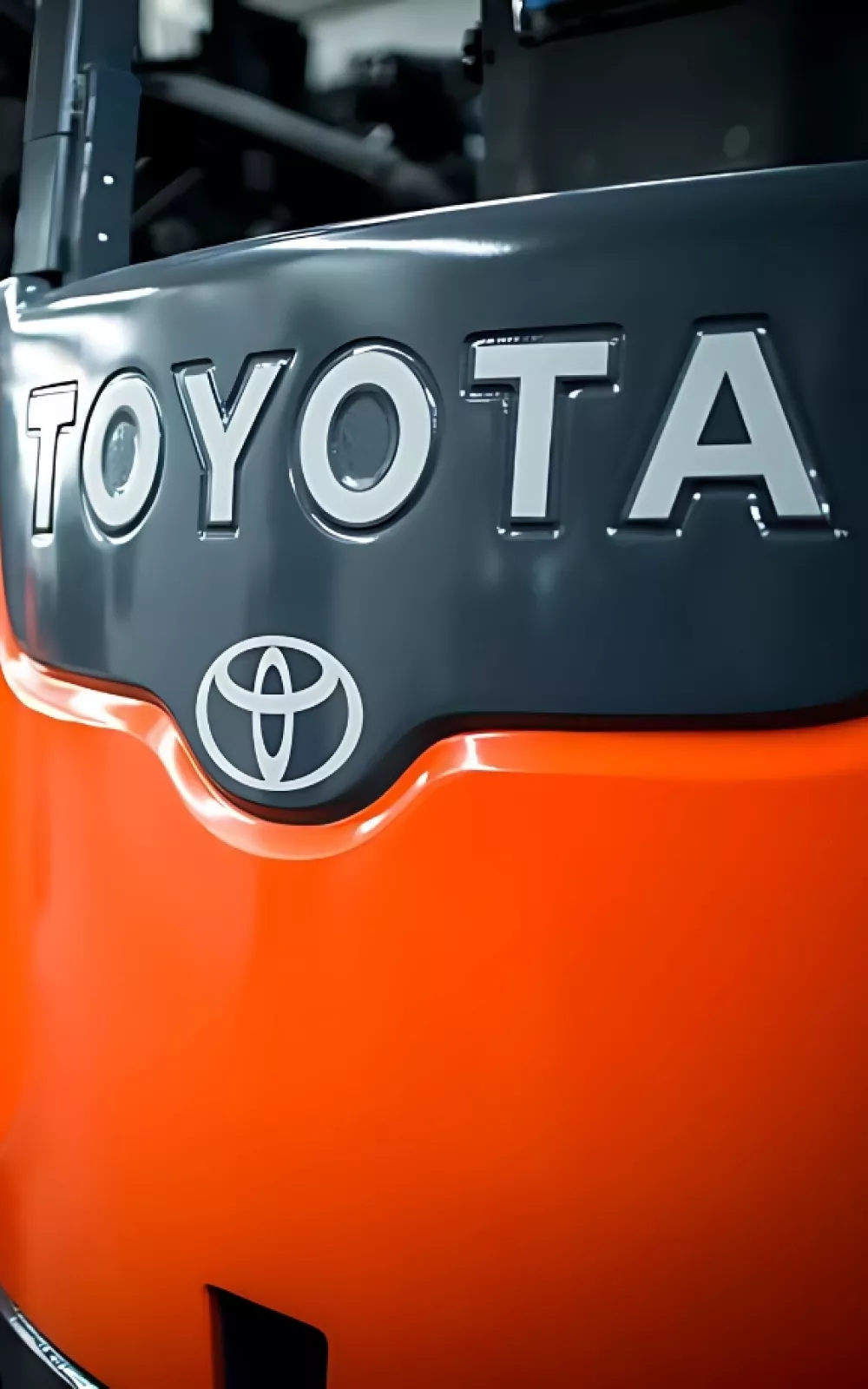
Discover how lithium-ion batteries can transform your forklift operations with faster charging, lower maintenance, and improved efficiency. Learn when to make the switch—and when traditional options might still be the better fit for your business.
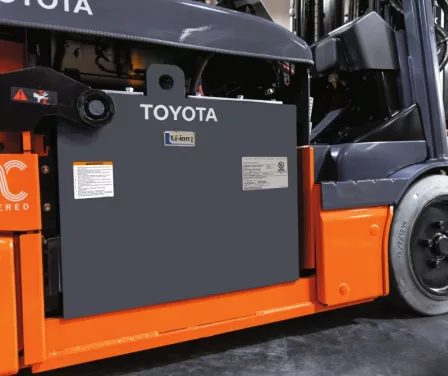
Industrial lithium-ion batteries are advanced energy storage solutions widely used in forklifts and other material-handling equipment. These batteries utilize lithium-based chemistries to deliver superior performance, reliability, and efficiency compared to traditional lead-acid batteries or alternative fuel solutions.
Industrial lithium-ion batteries have revolutionized energy solutions for forklifts, offering unmatched efficiency, reliability, and performance. With advanced technology, these batteries provide high energy density, rapid charging, and consistent power output, making them ideal for demanding industrial applications. Their low-maintenance design, environmental benefits, and ability to integrate seamlessly into multi-shift operations set them apart from traditional battery options.
While they come with a higher upfront cost, their long life cycle and overall operational advantages often outweigh the initial investment, especially for businesses prioritizing productivity, sustainability, and long-term savings. Below are key considerations to help determine if lithium-ion batteries are the right choice for your forklifts.
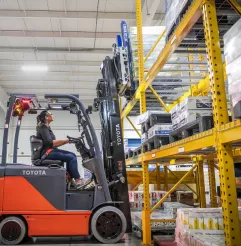
Start your search for available equipment and product lines with ProLift’s equipment finder. It helps you quickly identify the best solutions that match your criteria.
Lithium-ion batteries are a great fit for forklifts in busy, multi-shift operations where uptime and efficiency matter most. With fast and opportunity charging, they eliminate the hassle of swapping batteries, making them ideal for 24/7 warehouses. Their low-maintenance design is perfect for facilities without dedicated maintenance staff, and they perform well in extreme climates, like cold storage. Plus, for companies aiming to go green, lithium-ion batteries are a cleaner, more sustainable option.
These batteries also free up warehouse space by cutting out the need for charging rooms and keep forklifts running at full power throughout the day. If you’re looking for a solution that reduces downtime, boosts productivity, and aligns with long-term goals, lithium-ion batteries are worth considering.
In the event you are unhappy with the equipment you purchased from ProLift after one year’s use, we will simply buy it back for the original purchase price less two thirds of our normal rental rate.
While lithium-ion batteries offer many advantages, they may not always be the best choice for every operation. One significant consideration is the upfront cost, which is higher compared to traditional lead-acid batteries. For businesses operating on tight budgets or with minimal energy demands, this initial expense can be a hurdle. Additionally, single-shift operations with sufficient downtime may not require lithium’s fast-charging capabilities, making lead-acid batteries a more cost-effective option.
In some cases, environmental factors or specific forklift requirements might also make lithium-ion batteries less suitable. For example, while many lithium chemistries perform well in extreme temperatures, prolonged exposure to very high heat can pose challenges for thermal management. Similarly, forklifts that rely on heavy batteries for counterbalancing may benefit more from the weight of lead-acid batteries, which are naturally heavier.
Lastly, existing infrastructure can impact the decision. Operations that have already invested heavily in lead-acid charging systems or battery-swapping stations may find it more practical to continue using traditional batteries until those investments are fully utilized. Transitioning to lithium requires careful planning to ensure compatibility and maximize the return on investment. Understanding these scenarios can help businesses make the best choice for their specific needs.
Industrial lithium-ion batteries are an excellent choice for high-performance, multi-shift forklift operations seeking efficiency, reliability, and sustainability. Work with a ProLift sales consultant to carefully assess your budget, infrastructure, and application needs before making the switch.
From equipment and maintenance to replacement parts and safety training, ProLift offers you 360 support. We can also assist you with pallet racking and additional warehouse solutions. Let us know how we can help!
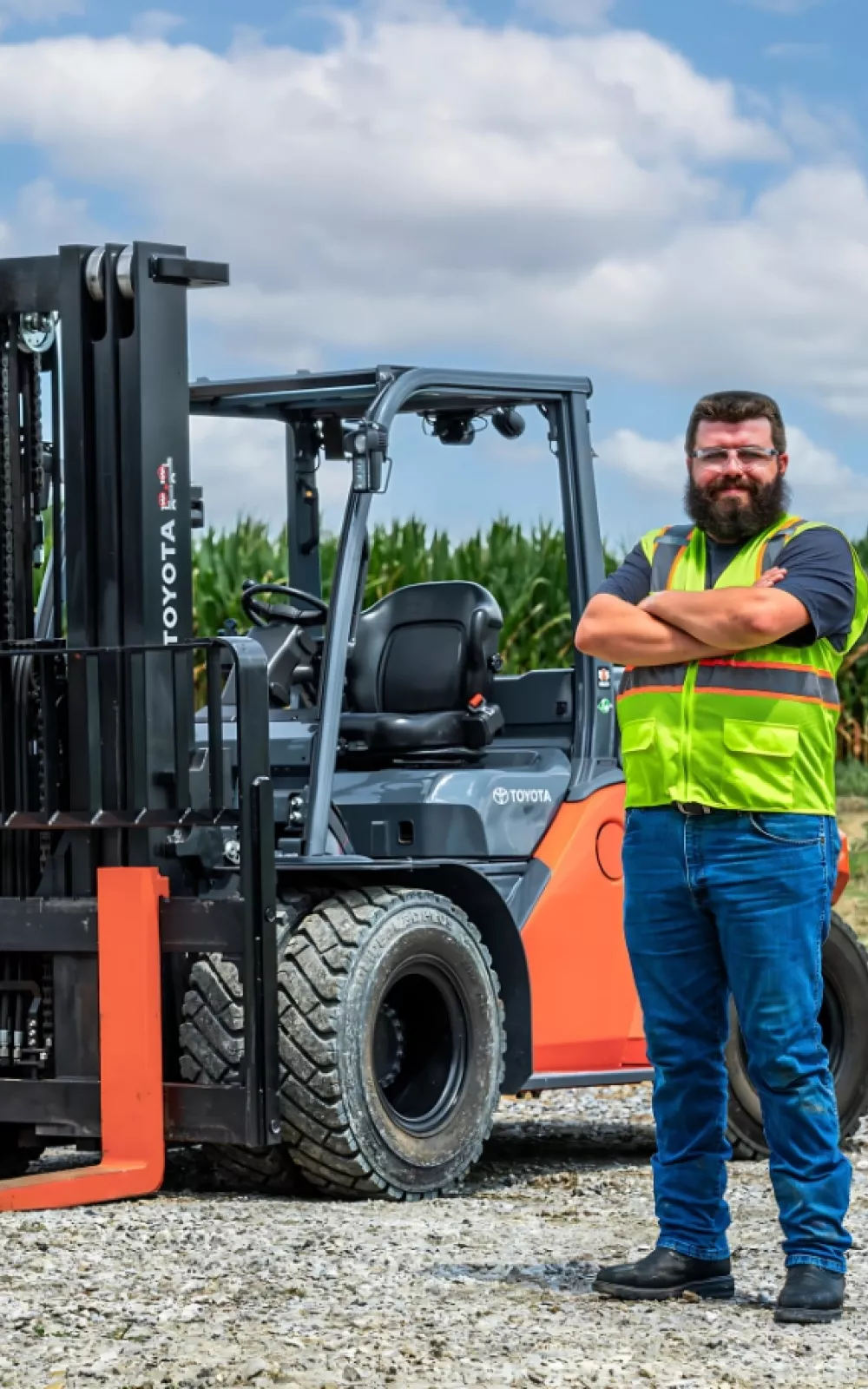
ProLift is a full-service dealer specializing in forklifts and material handling solutions. Tell us how we can help you achieve results at your facility.
ProLift is a full-service dealer specializing in forklifts and material handling solutions. Let us know how we can assist you, and a specialist will be in touch to help.
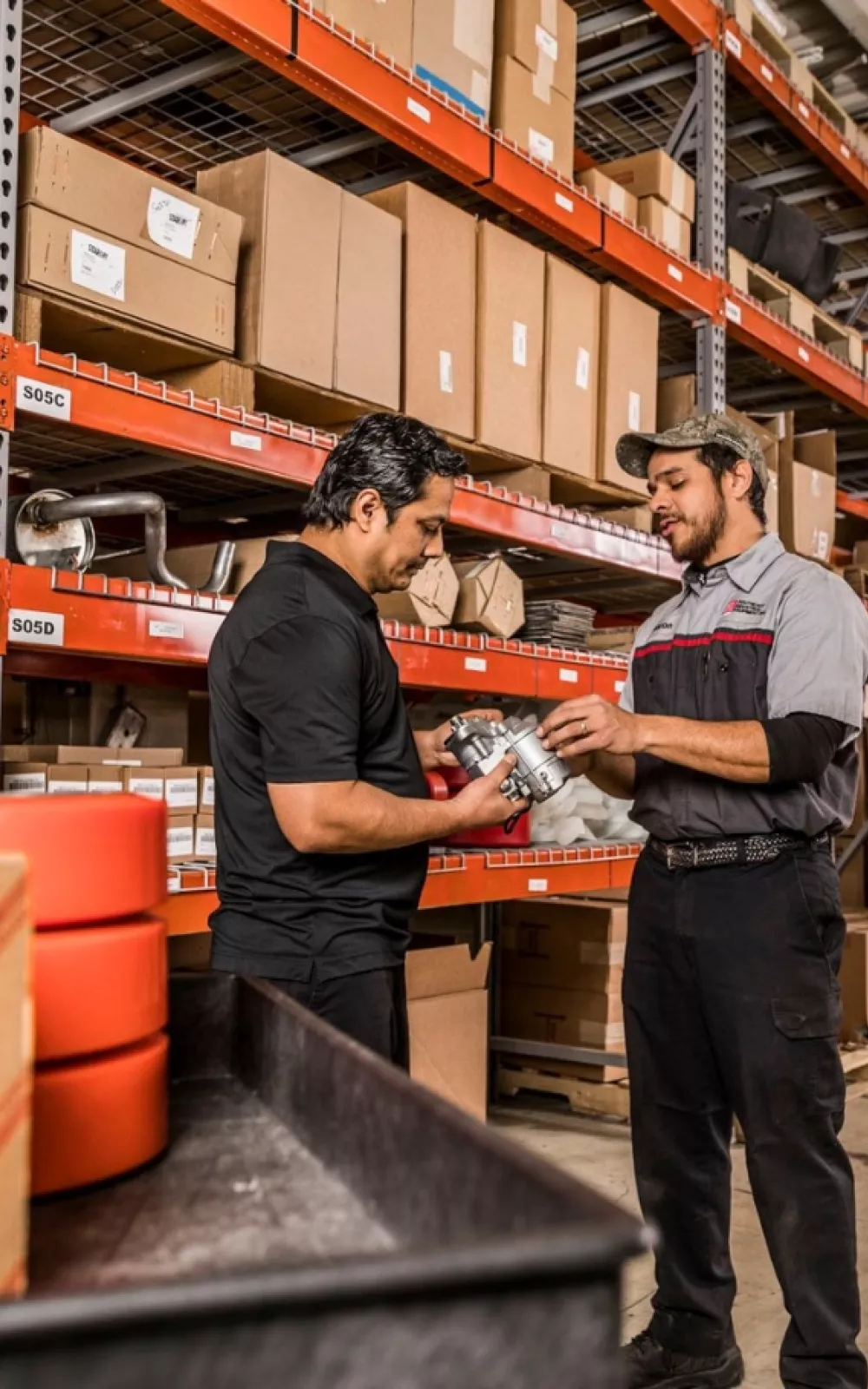
Let us know how we can assist you! A ProLift specialist will connect with you to help with your material handling needs.
